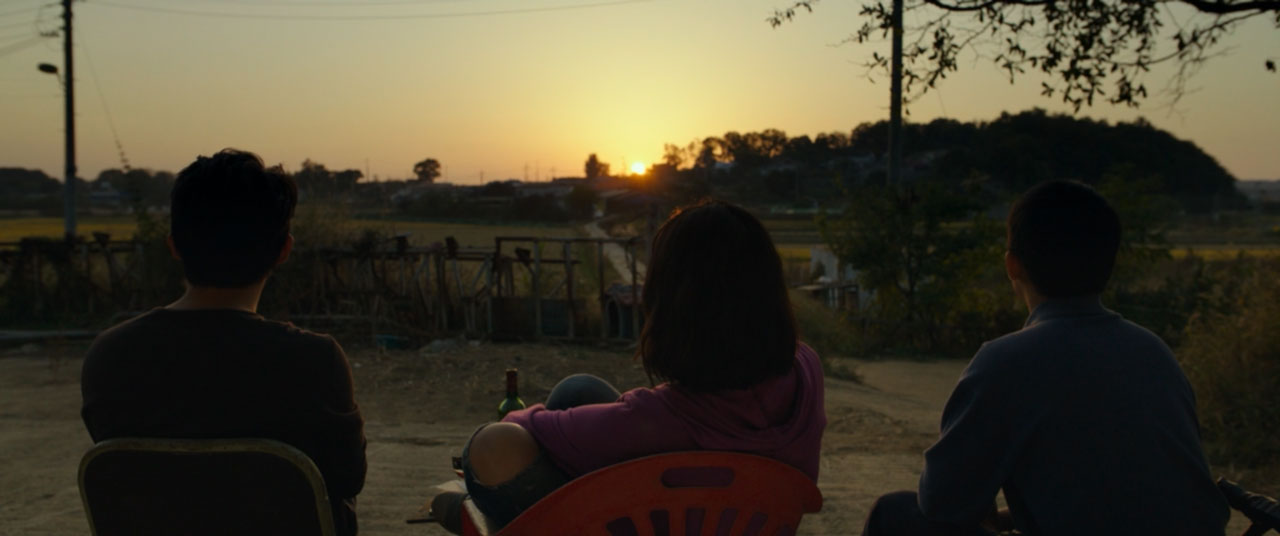The Post
Watched 14 February 2019
Does an amazing job at projecting emotion and conveying historical heft, knowing full well how much the present day amplifies its message. It’s just a shame that Spielberg felt the need to go “belt and suspenders” and make sure to have some characters spell out the implications of what you’re seeing, just in case the extremely powerful acting and imagery don’t do the trick.
Also: the Watergate bit at the end was just silly. It reminded me of the final warehouse shot in Raiders of the Lost Ark, except bad and tacked on.


